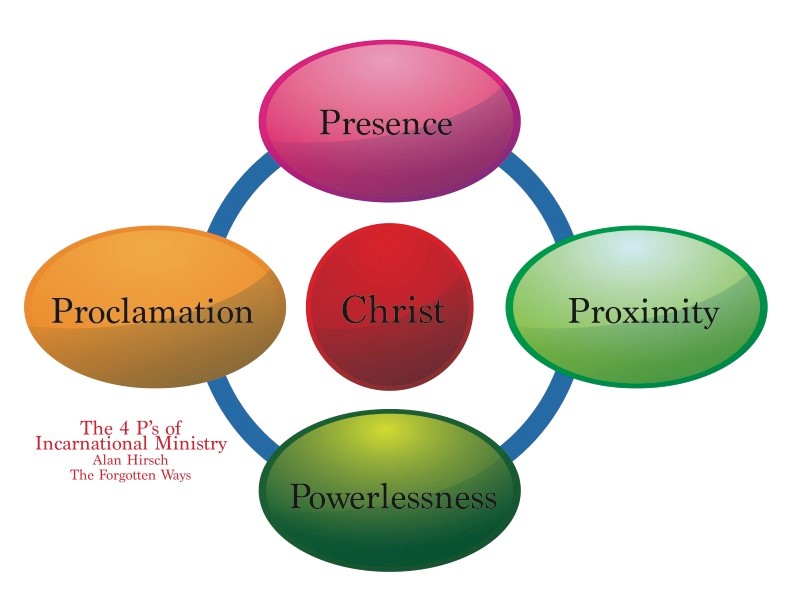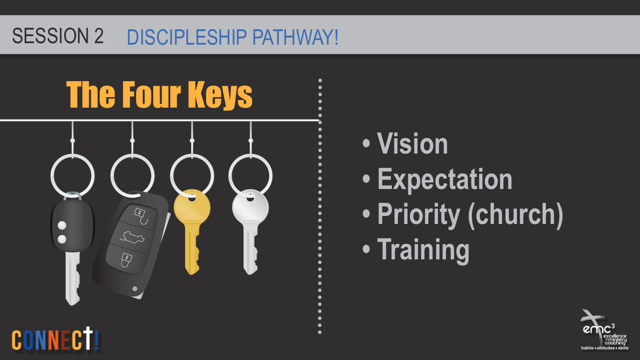October 14, 2015
By Eddie Pipkin
Peyton Manning is one of the best quarterbacks to play the game of football. In his 17-year career, he has thrown for more than 70,000 yards, and just a few weeks ago became the record holder for most NFL touchdown throws (at 538 and counting). He is most widely known for his tenure with the Indianapolis Colts, but is now playing the sunset of his career in Denver.
And in 2015 he is not the quarterback that he once was. Even though the Broncos are once again at the top of their division (as of the writing of this blog), Manning is clearly struggling to maintain the form that which was once so automatic. In fact, he is currently ranked at the bottom of the quarterback pool, statistically speaking, unfamiliar territory for sure.
Still, the Broncos remain one of the only undefeated of this season. This is a testament to the quality of the players that surround Manning: a strong offensive line (whose job is to protect their quarterback at all costs), talented skill players (receivers and running backs) who perfectly complement Manning’s abilities, and one of the top-ranked defenses in the league. Although the seemingly superhuman talents of a select few athletes monopolize the highlight clips on ESPN’s Sports Center, the truth is that it is a well-structured team, unified in purpose and supportive of one another on field and off, that triumphs in the end.
For so many dominant high-performers to gel in this manner, however, takes some time. The Broncos began the year on very shaky ground. Their first two victories were anything but assured—more of a question of a few more mistakes made by the opposing team. And here’s how the wizened leader, Manning, responded. He hosted a dinner for the entire offensive squad at his home. It was a raucous time of laughter and players ribbing one another (Manning was incredulous when one of his offensive lineman joked about him being the worst rated passer at that point in the season—until he pulled out his smartphone and confirmed the statistics). The food was great and plentiful. The comraderies was authentic.
But after the dessert had been served and the dishes cleared, Manning got serious. He addressed his fellow players, acknowledging the struggles the team was facing, and being completely honest about the sub-par play that had marred their first couple of games, including his own.
Then he challenged each man in attendance to stand up and say one thing, personally, that that player could do to make the team better for the next game. And they did, one by one, humbly and with purpose. Each stood and spoke about one specific thing that they, personally, could do within the context of their assigned responsibilities, to make the team stronger. They didn’t blame others for the team’s struggles. They didn’t make excuses. They didn’t ask for more resources or more time or a different assignment. They looked around the room at the brothers with whom they shared the field and they looked deep within themselves, and they made a promise to work harder toward an achievable goal.
And they keep on winning.
It’s a great model for those of us in ministry. We aren’t in a game, per se, but as we seek to do the ministry we are called to by our Lord, we are constantly on the field, engaged in a full-contact endeavor, and no matter how talented we are as individuals, we are dependent on the strength of the team. Think how many meetings we sit in and evaluate the success (or struggles) of our ministry efforts. How often we make excuses for our shortcomings and play out “we could have done more if” scenarios. How often do we throw our teammates under the proverbial bus or react defensively when someone points out where we have missed the mark.
Imagine a ministry leadership dinner like the one that Peyton Manning threw. A dinner in which—grounded in the spirit of shared vision and shared work—the laughter flows, but the accountability is straightforward and honest. How would we be stronger? It is the very model demonstrated by Jesus and his disciples (not to be flippant, but note the parallels of the Last Supper). Accountability is an essential part of the discipleship process and an essential part of the successful team model. Whenever we identify a ministry team that is functioning at a high level with positivity, it is guaranteed that we will find a process (however this individual team practices it) in which there are clearly understood expectations about each team member’s role, full support of each team member towards their goals, and a constant evaluation of how we’re all doing on our journey together.
Have you ever experienced a dinner (or other gathering) like described in the paragraphs above? Do you have a regular process for celebrating teamwork in your ministry and holding one another accountable to Godly goals?
Share your experiences and your questions in the comments section.



Leave A Comment